Teacher shares her immigration story to America

Photo provided by Samar Halabi
Samar Halabi celebrates her graduation from the University of Houston in 2010.
Jan 13, 2021
She was about to make the biggest decision of her life, but with her trust in God, she believed she would be safe.
Never leaving Syria before, it was her first time to board a plane. Her mother accompanied her for support. The flight to the United States lasted 17 hours: departing from Syria, making a pit stop in Paris and boarding another plane, eventually landing in Houston. To calm her nerves and occupy her wandering thoughts, Samar Halabi watched a few movies and ordered food.
She was 24 years old and moved to America in 2006 to marry a man she met after graduating from University of Damascus. As she was flying, things instantly became different.
“At that time they used to bring you meals and snacks, but you have to tell them that you want it to be a special meal,” Halabi said. “You have to tell them that you want something that is Muslim-friendly.”
Muslim-friendly dishes exclude pork, alcohol and meat that is not halal. Halabi was served oysters and what she suspected was calamari. She was confused because the foreign taste set off an unsettling flavor onto her taste buds.
“I did not like it at all,” Halabi said.
She put her fork down and began to worry, but talking to her mother made her forget her stresses about the wedding.
Secure from the thought of her becoming someone’s bride, she brought only one suitcase for light luggage with gifts and bridal gowns. The dresses were Syrian-style, which she preferred to wear.
“I got it from there because I like the taste from my country,” Halabi said.
When she arrived in Houston, she noticed the humidity right away. Muslim women are required to cover their skin and hair when out in public, and while growing up in Damascus, she was not near the sea so the climate was cool.
“I was feeling like, ‘oh my God’ I feel so stinky I have to wash three times a day,” Halabi said.
As Houston’s climate irritated her, the city’s ethnically diverse restaurants comforted her. She grew to love Mexican and Italian food after a few weeks of settling into her new place. She preferred Italian food because its taste resembled Mediterranean food, but Halabi and her mother cooked staple Arab meals while in Houston the majority of the time.
Halabi did not have a lot of high expectations. She was mostly focused on marrying her fiancé and reuniting with her sister who moved to Houston three years earlier.
Then she had to get used to the language and currency. Halabi studied English literature from middle school to college. In her middle school, students took French as their language elective because Syria was occupied by France at the time, but she could choose to learn English instead. The hardest part about speaking English was the English accent. Halabi was taught English by Arab professors with British tongues, so the American version of English was new to her.
“It was like they were eating half of the word, like water,” Halabi said. “What is water? Say water.”
She could not keep up with the pace Houstonians spoke and found it difficult to recognize the way they merged their words together. Halabi would refuse to speak much in front of her husband’s American friends and colleagues when introduced.
“I didn’t want to talk to them,” Halabi said. “I didn’t want to make fun of myself, I couldn’t understand what they were saying.”
Even though Halabi had some trouble understanding some English words, currency was not a problem. In school, currency was part of the English curriculum so she was not worried about people trying to cheat her of her cash.
“I dealt with American currency hands on, so there was no problem,” Halabi said.
Another element of Houstonian life Halabi adapted to easily were the roads.
In Damascus, there were no highways, but wide roads that housed eight lanes of cars and every hour was rush hour. It was common for drivers to disobey the traffic lights and stop signs, but their abilities to cope with problems on the road helped to avoid any accidents. However, the disregard for road laws scared Halabi into not driving. She would rely on her father to drive her places or a taxi ride. After six months of living in Houston, Halabi felt a sense of comfort in driving one hour to Bellaire and the grocery store, but she would never drive in Syria.
Halabi counts on her faith for her success story with raising four children: one boy and three girls. Three are college graduates and married, and the youngest is still in college. Halabi’s advice for anyone moving to America is to treat others with respect to demand respect.
“Some people will take advantage of you, they think you are weak if you are smiling or if you are not fighting,” Halabi said. “When you move to a different country, don’t leave your dignity, you need to apply better dignity so you can tell people what kind of person you are.”
As Halabi practiced what she preached, would catch strangers glaring and pointing their fingers at her. Halabi attributed this discrimination to the little awareness Americans had surrounding Muslims and Islam, and she said felt her life was in more danger after 9/11.
Halabi remembers a time when she stopped at a red light in traffic. Her kids were toddlers at the time, and she was dropping them off at school when she saw a car beside her with a large white man sticking his middle finger at her. The man unleashed a racist tirade to her car window, cursing her prophet and bellowing, “Go back to your country!” To her horror, the man exited his car and began to charge at her vehicle. Luckily, there were no cars parked behind her, so Halabi reversed and sped to her kids’ school, taking another route instead. Halabi told the school about her recent scare and the faculty there notified the authorities. She caught a glimpse of the man’s license plate, but she knew a report of a verbal attack wouldn’t do much justice. Halabi was just grateful she and her kids were not physically harmed.
“Unfortunately there are a lot of haters and you cannot do anything about it,” Halabi said. “Some people like to take their rights into their own hands and I don’t suggest that because it’s fast. It’s still in my memory, I will never forget how he terrorized me but it’s a good thing nothing worse happened.”
In Nov. 2013, Halabi joined the Bellaire faculty as the only Arabic teacher. Halabi is also the club sponsor for the Muslim Student Association and Arabic Club.
“Teaching was not in my plans at first but it happened,” Halabi said. “I did not know I was going to be a teacher until I found this job opening, and I discovered teaching as a beautiful thing. Whenever you are teaching you make a change in people’s lives. I am happy to be teaching Arabic and to have my students and I don’t feel like they are different from my own kids. I feel like they are all my own kids.”
Raising her children in America, Halabi said it was important for them to speak Arabic and retain their Islamic culture.
“It was my and my husband’s biggest fear that they don’t speak Arabic,” Halabi said. “We had to enroll them in a private school, which taught them not only Arabic, but also Islam.”
Halabi saw cases of parents where they tried to send their kids to an Arabic Islamic school at a later age and they were not successful. Many teenagers had a difficult time grasping the language quickly and fluently.
“When they were young I enrolled all of my kids into a private school that taught Islam since they were in kindergarten up unitl high school where they graduated, but for me I think it was a perfect transition for me when I came in here, “ Halabi said. “I didn’t have culture shock. Everything was smooth. Everything was good. Everything makes sense.”


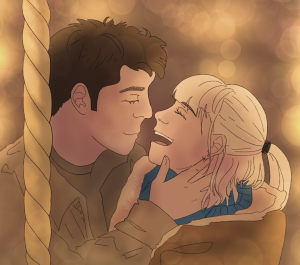



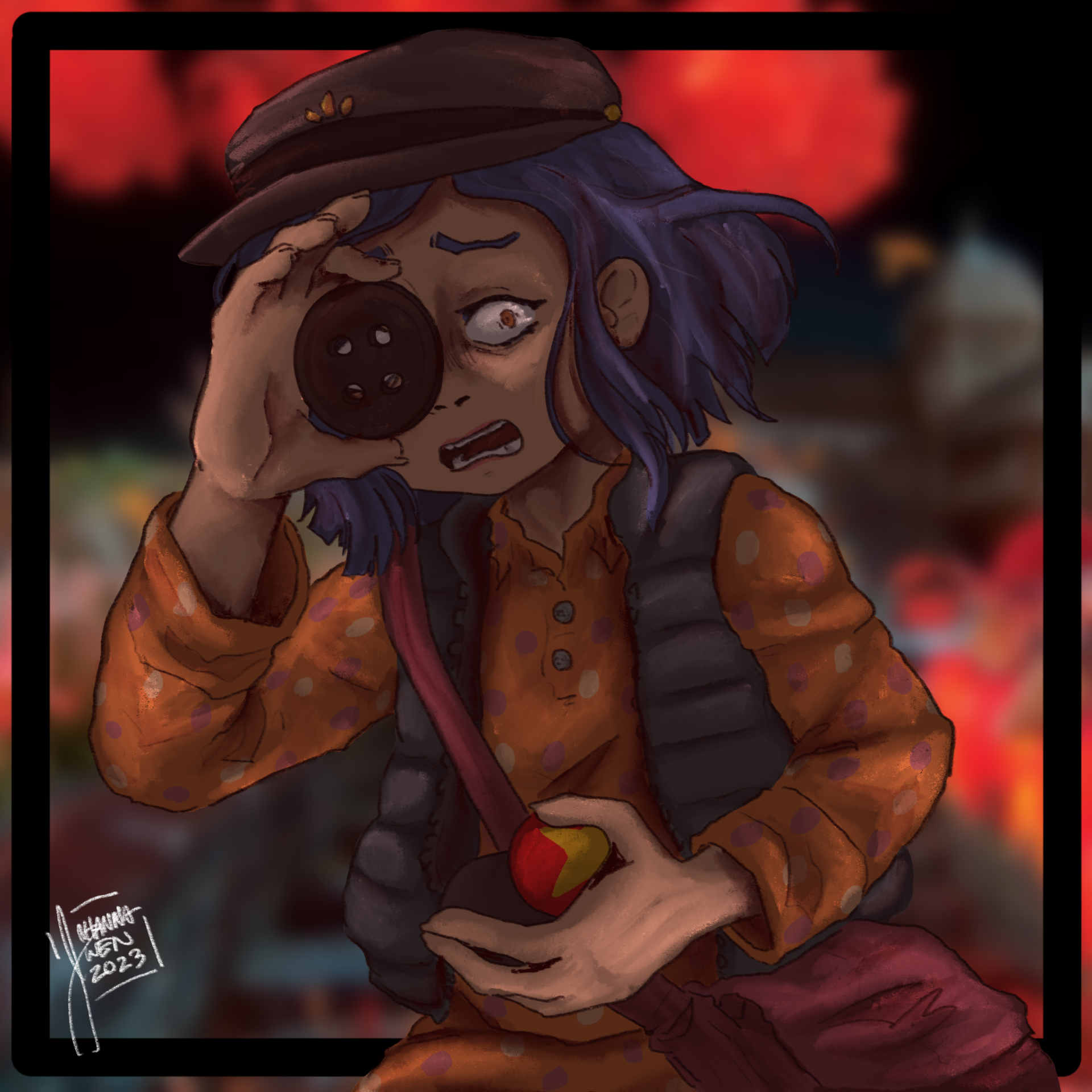
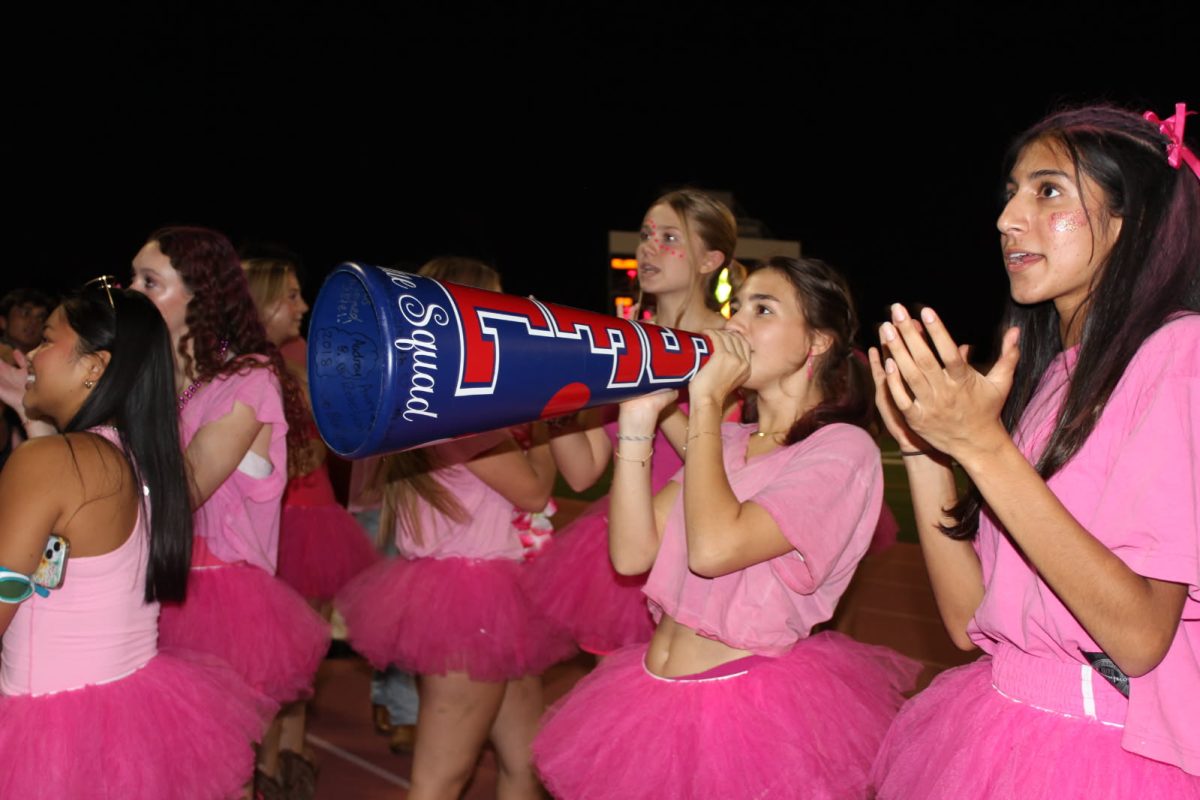

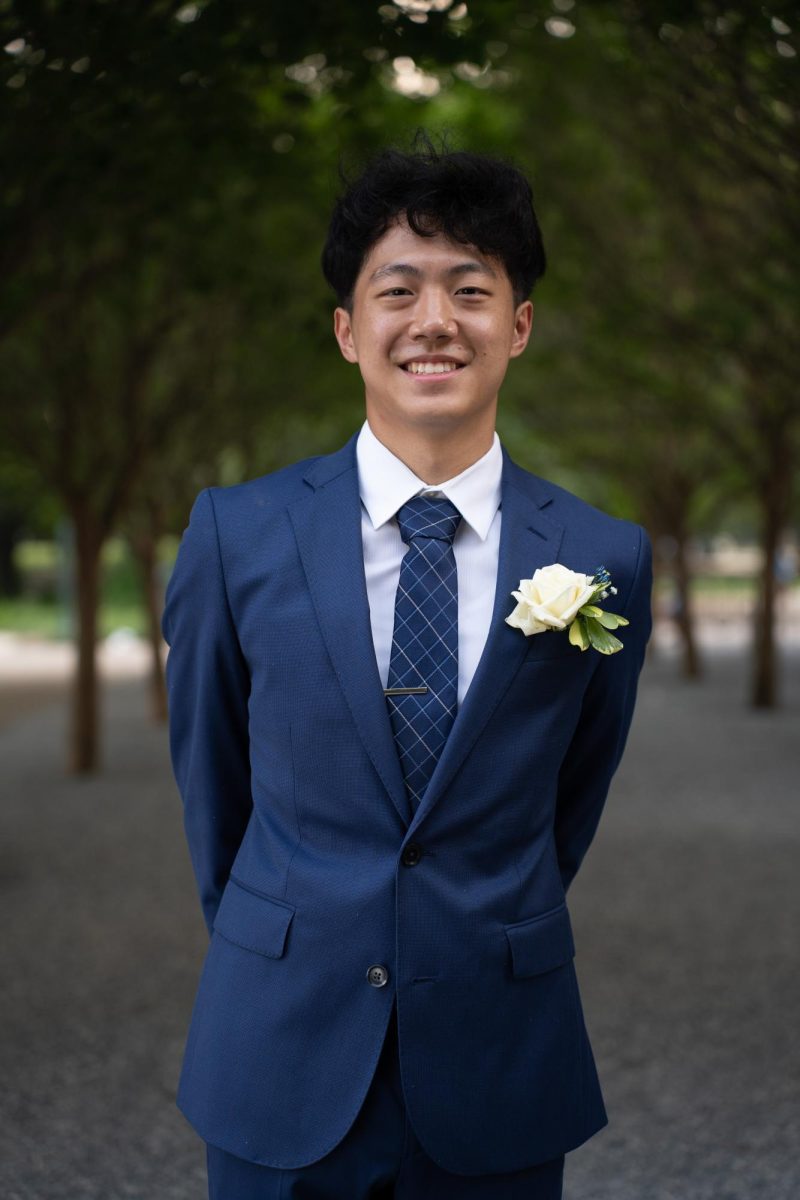

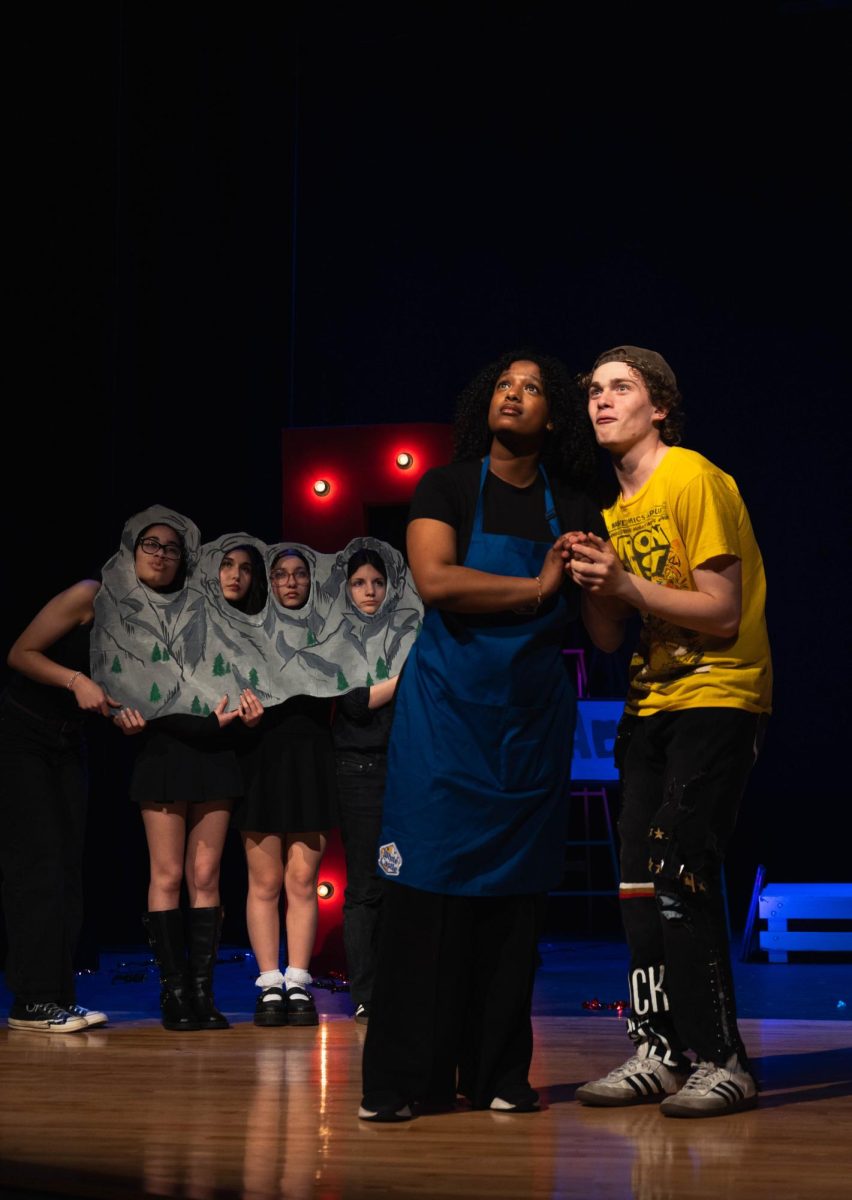
Samar Halabi • Jun 8, 2021 at 4:24 pm
I love how you put my story in your words Malaika. Thank you so much for sharing my story and I hope it can be useful specially for those who appreciate and respect culture differences
Nabila Wilson • Jan 14, 2021 at 10:46 am
This was really interesting!!